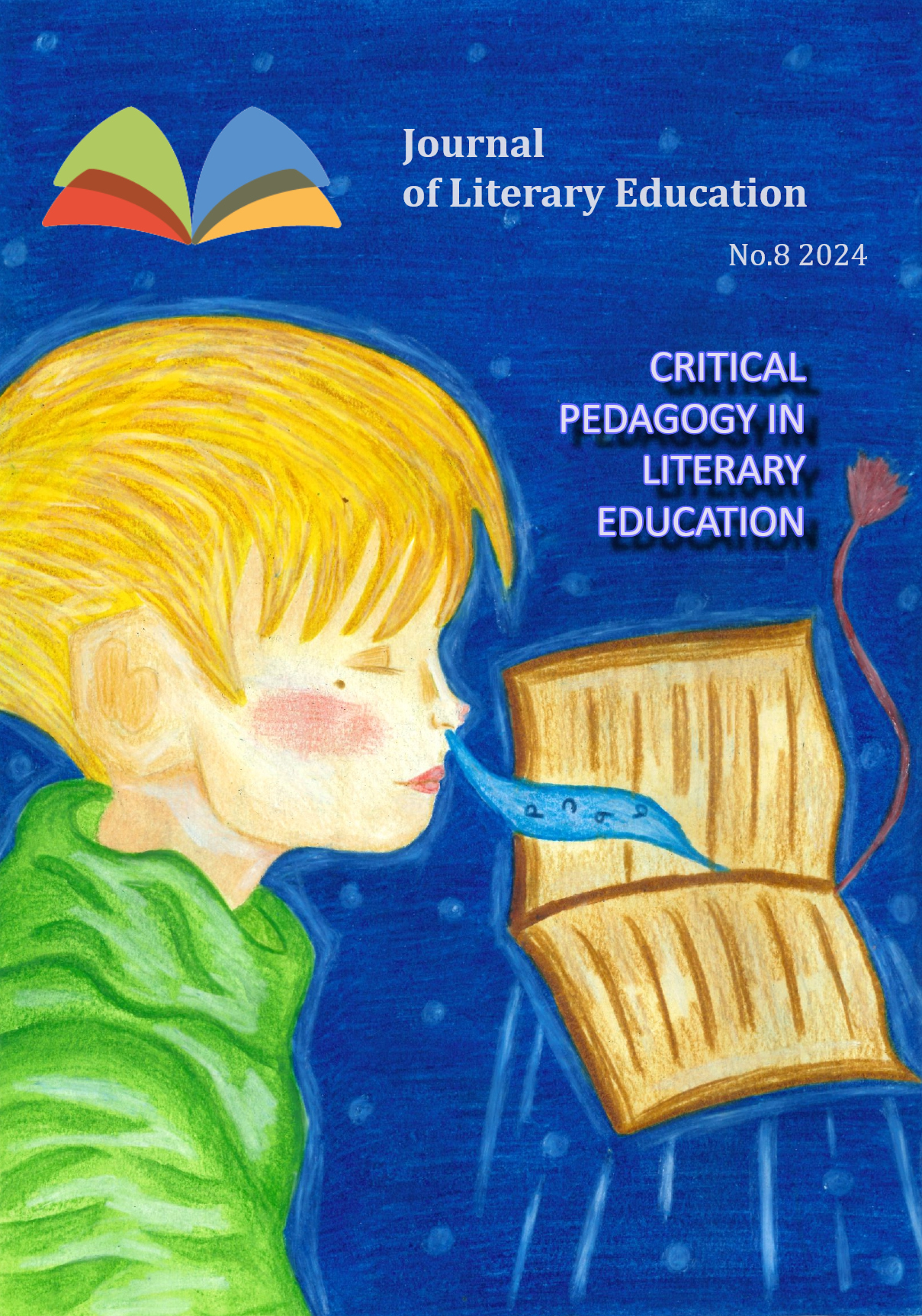Editorial: Critical Pedagogy in Literary Education: Reading the Word to read the World
DOI:
https://doi.org/10.7203/JLE.8.30026 Abstract
Abstract
The current special issue of JLE embodies Freire’s goal of literacy/literary education: reading the word to read the world. The cornerstone of Critical Pedagogy lies undoubtedly in Paulo Freire’s seminal work, Pedagogy of the Oppressed. (Pedagogia do Oprimido, 1968). Freire critiques traditional education models, which he terms the "banking model," in which teachers deposit knowledge into passive students. He advocates for a dialogic approach that transforms education into a collaborative process of inquiry. Freire’s methods emphasize critical consciousness (conscientização), urging learners to question societal structures and their own roles within them. Aiming to empower minds through dialogue and reflection, Critical Pedagogy sees literature as more than an artistic endeavor; it is a medium through which societies interrogate their values, challenge injustices, and envision alternate realities. In the realm of education, how literature is taught can either reinforce systems of oppression or act as a transformative tool for liberation. Critical Pedagogy provides a compelling framework for rethinking literary education. This approach not only democratizes the classroom but also empowers students to become agents of social change.
 Downloads
Downloads
Downloads
Published
-
Abstract4
-
PDF0
Issue
Section
License
Copyright (c) 2024 Xavier Mínguez-López, Tzina Kalogirou

This work is licensed under a Creative Commons Attribution-NonCommercial-NoDerivatives 4.0 International License.
![]()
This work is licensed under a Creative Commons Attribution-NonCommercial-NoDerivatives 4.0 International License.
Authors who publish with this journal agree to the following terms: Authors retain copyright and grant the journal right of first publication with the work simultaneously licensed under a Creative Commons Attribution License that allows others to share the work with an acknowledgement of the work's authorship and initial publication in this journal. Authors are able to enter into separate, additional contractual arrangements for the non-exclusive distribution of the journal's published version of the work (e.g., post it to an institutional repository or publish it in a book), with an acknowledgement of its initial publication in this journal. Authors are permitted and encouraged to post their work online (e.g., in institutional repositories or on their website) prior to and during the submission process, as it can lead to productive exchanges, as well as earlier and greater citation of published work (See The Effect of Open Access).



